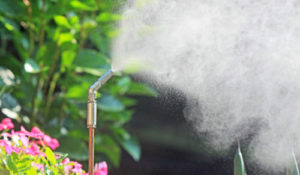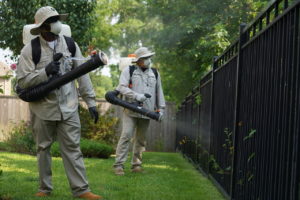Want a Swat-Free Summer?
As reported by a study from the Office of the Texas State Climatologist at Texas A&M University, “Texans should expect warmer weather, more wildfires, and urban flooding, and increased impact from hurricanes through 2036.” This warmer, wetter weather is sure to bring us many problems, one of which is a dramatic increase in mosquitoes. Our fellow Texans can relate to the annual mosquito season battles in the summertime, and the idea of these issues becoming any worse is enough to make someone hysterical. However, using our services here at Mosquito Joe we can eliminate these issues for you before summer even arrives, with no contracts!
We offer a range of service options here at Mosquito Joe to treat these populations – the most popular being our barrier treatment. The barrier service covers your entire yard (or the backyard only if that is your preference) out to a foliage barrier/fence and is done on a three-week cycle.
 To control mosquito populations before they arrive, our technicians spend time during this service walking your property to treat and eliminate any standing water on your land. This water can be held on the property itself in your gutters, objects in the yard, or holding in drains. Water is where mosquitoes breed by the millions, within a month- one teaspoon of water can hold up to 300 mosquito eggs. Finding the sources of mosquito issues (potential or current) is imperative to controlling the population. The second part of our barrier service involves treating the foliage on the property – trees, bushes, flowerbeds, or any leafy, cool places that a mosquito might hide. While mosquito populations thrive in warm, wet weather, they tend to spend more time in shady areas and are very bad flyers – requiring foliage to rest on in order to make it across the yard. For this reason, we treat the foliage (top AND bottom of the leaves) with our synthetic product, eliminating mosquitoes as they hide or make their way towards you. Our technicians treat any flowering plants, vegetable gardens, or fruit trees with our organic garlic product. Unlike our synthetic product, the all-natural garlic works by driving mosquitoes away due to their sensitive sense of smell. The products we use are similar to nail polish in the way they work – the products take about thirty minutes to dry down on the foliage in the yard, and during this time we like to have all people and dogs inside. After the thirty minutes are up, everyone is free to be outside, turn on sprinklers, get in the pool, etc! The products won’t wash away and instead, they break down over the 3 weeks.
To control mosquito populations before they arrive, our technicians spend time during this service walking your property to treat and eliminate any standing water on your land. This water can be held on the property itself in your gutters, objects in the yard, or holding in drains. Water is where mosquitoes breed by the millions, within a month- one teaspoon of water can hold up to 300 mosquito eggs. Finding the sources of mosquito issues (potential or current) is imperative to controlling the population. The second part of our barrier service involves treating the foliage on the property – trees, bushes, flowerbeds, or any leafy, cool places that a mosquito might hide. While mosquito populations thrive in warm, wet weather, they tend to spend more time in shady areas and are very bad flyers – requiring foliage to rest on in order to make it across the yard. For this reason, we treat the foliage (top AND bottom of the leaves) with our synthetic product, eliminating mosquitoes as they hide or make their way towards you. Our technicians treat any flowering plants, vegetable gardens, or fruit trees with our organic garlic product. Unlike our synthetic product, the all-natural garlic works by driving mosquitoes away due to their sensitive sense of smell. The products we use are similar to nail polish in the way they work – the products take about thirty minutes to dry down on the foliage in the yard, and during this time we like to have all people and dogs inside. After the thirty minutes are up, everyone is free to be outside, turn on sprinklers, get in the pool, etc! The products won’t wash away and instead, they break down over the 3 weeks.
Fighting the mosquito population in someone’s yard is an uphill battle since mosquitoes are able to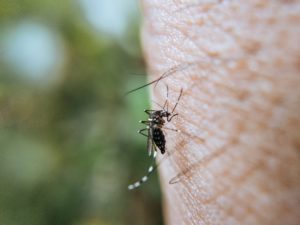 breed so quickly. In our first service, we set the expectation of a 75% reduction in mosquitoes, 85% after a second service, getting you at our ultimate goal of a 95% reduction in your mosquito population after your third service! The products we use have an outdoor life of three weeks and tend to break down in the heat and sunlight, so Mosquito Joe comes out to treat every three weeks to maintain the barrier in your yard. We can guarantee our service for our customers who stick with our service every three weeks and we work with no contracts, so you can choose to pause/end service when you would like! Our customers are never tied into service with us. Mosquito Joe also offers two entirely all-natural options for customers that are interested and these last two and three weeks depending on which you choose. We also install and maintain misting systems, which you can read more about in our past blog! If you have issues with other pests: chiggers, ants, fleas, and ticks – you can also call Mosquito Joe for a hand with these issues as well!
breed so quickly. In our first service, we set the expectation of a 75% reduction in mosquitoes, 85% after a second service, getting you at our ultimate goal of a 95% reduction in your mosquito population after your third service! The products we use have an outdoor life of three weeks and tend to break down in the heat and sunlight, so Mosquito Joe comes out to treat every three weeks to maintain the barrier in your yard. We can guarantee our service for our customers who stick with our service every three weeks and we work with no contracts, so you can choose to pause/end service when you would like! Our customers are never tied into service with us. Mosquito Joe also offers two entirely all-natural options for customers that are interested and these last two and three weeks depending on which you choose. We also install and maintain misting systems, which you can read more about in our past blog! If you have issues with other pests: chiggers, ants, fleas, and ticks – you can also call Mosquito Joe for a hand with these issues as well!
 As most Texans can attest, summertime is no fun when you can’t even enjoy being outdoors. Mosquitoes may have ruined the fun for you and your family in the past, but this summer we encourage you to take the time to protect your yard from these mosquitoes before summer begins! While mosquitoes do not have a ‘hibernation’ season in Texas due to consistently warm weather, mosquitoes tend to make their big leap in March and April, or May (if you’re lucky!). Get a free quote with us here at Mosquito Joe and start your service before then and make your outside fun again!
As most Texans can attest, summertime is no fun when you can’t even enjoy being outdoors. Mosquitoes may have ruined the fun for you and your family in the past, but this summer we encourage you to take the time to protect your yard from these mosquitoes before summer begins! While mosquitoes do not have a ‘hibernation’ season in Texas due to consistently warm weather, mosquitoes tend to make their big leap in March and April, or May (if you’re lucky!). Get a free quote with us here at Mosquito Joe and start your service before then and make your outside fun again!
 Outside is fun again.
Outside is fun again.

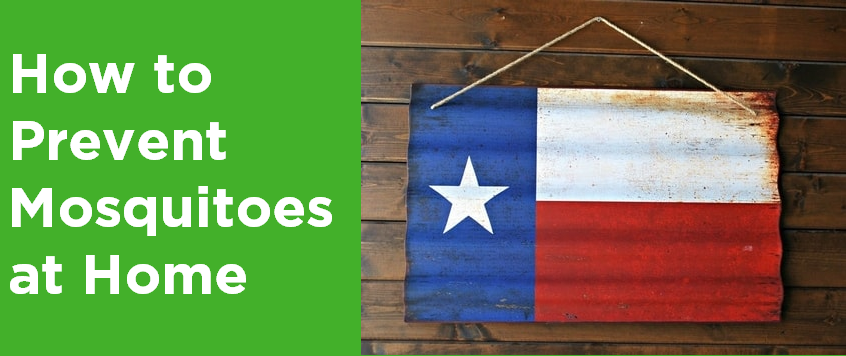
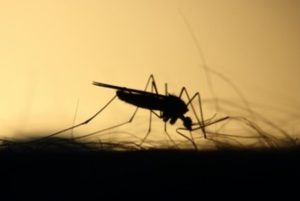


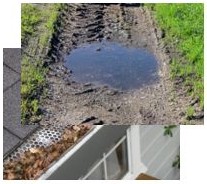

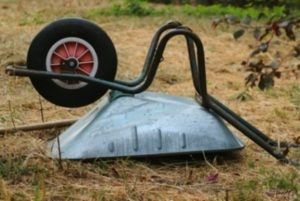
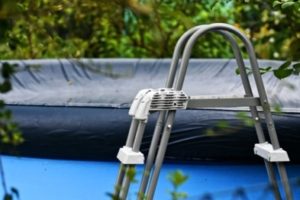
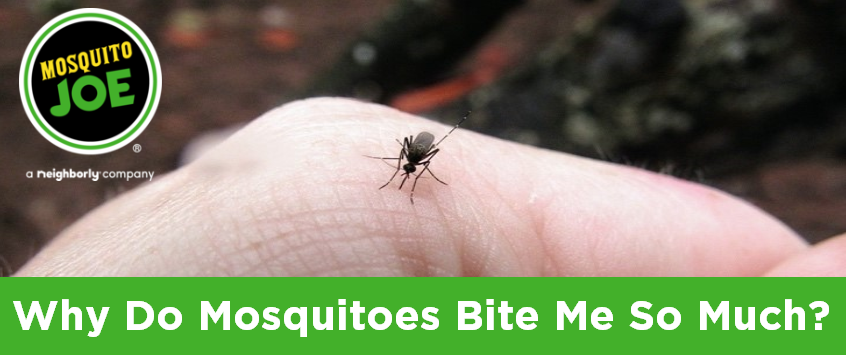
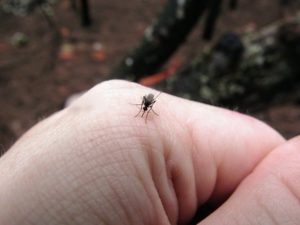
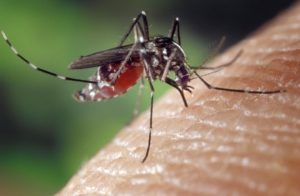

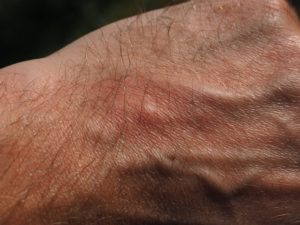
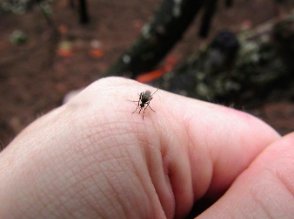 Mosquito repellents are designed to block the mosquito’s sense of smell in stage one. This is important as it means that someone standing next to you, without repellent, will be attracting mosquitoes. Of course, once the insect is within 33 feet of you, it now will not distinguish between you and your un-protected friend, meaning you are equally as likely to be bitten as they are. We often hear people tell us that mosquito repellents don’t work. This is not necessarily true and is more a factor of those around you, as well as how well the repellent has “stuck”. For example, if you are out in the yard with your spouse, and they just happen to sweat a lot, the repellent may have run off them. Hence, they are the magnet bringing them in to bite you.
Mosquito repellents are designed to block the mosquito’s sense of smell in stage one. This is important as it means that someone standing next to you, without repellent, will be attracting mosquitoes. Of course, once the insect is within 33 feet of you, it now will not distinguish between you and your un-protected friend, meaning you are equally as likely to be bitten as they are. We often hear people tell us that mosquito repellents don’t work. This is not necessarily true and is more a factor of those around you, as well as how well the repellent has “stuck”. For example, if you are out in the yard with your spouse, and they just happen to sweat a lot, the repellent may have run off them. Hence, they are the magnet bringing them in to bite you.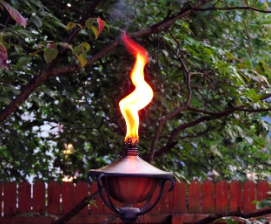 The market is saturated with alleged mosquito repellents. Wearables have become popular, although scientific studies show they are not capable of repelling mosquitoes. Many people prefer to stay away from DEET and make natural repellents. We wrote a blog about DIY repellants recently and you can check out more
The market is saturated with alleged mosquito repellents. Wearables have become popular, although scientific studies show they are not capable of repelling mosquitoes. Many people prefer to stay away from DEET and make natural repellents. We wrote a blog about DIY repellants recently and you can check out more 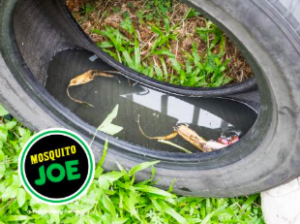 It’s not enough to wear repellent in your own yard. The most effective way to avoid or reduce the bites in your own yard is to remove all stagnant water sources from it. Remember, one small capful of water is enough for 300 eggs. The more water you remove the better you will be. Of course, calling us to manage that water and treat your yard is the best way we know to make your outside fun. Then you can ditch the repellant and just enjoy.
It’s not enough to wear repellent in your own yard. The most effective way to avoid or reduce the bites in your own yard is to remove all stagnant water sources from it. Remember, one small capful of water is enough for 300 eggs. The more water you remove the better you will be. Of course, calling us to manage that water and treat your yard is the best way we know to make your outside fun. Then you can ditch the repellant and just enjoy.